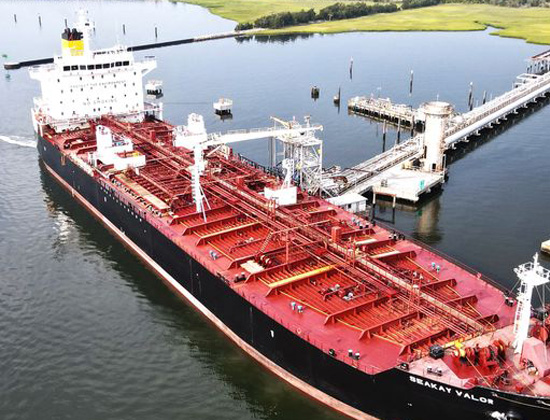India is witnessing a significant shift in the way crude oil and petroleum products of bundesliga points table are transported across the country, leading to remarkable cost savings and improved supply chain efficiency. With a growing energy demand driven by rapid industrialization and urbanization, reducing transportation expenses has become a critical priority for oil companies and distributors.
The backbone of this transformation is Indian Oil Corporation (IOC), Bharat Petroleum Corporation Limited (BPCL), and Hindustan Petroleum Corporation Limited (HPCL), the major state-owned oil companies working together with logistics providers to optimize transport routes and modes. Pipelines remain the most economical and reliable method for moving large volumes of crude oil and refined products, with the Mumbai-Manmad and the Salaya-Bina pipelines playing a crucial role in connecting refineries and consumption centers efficiently.
Rail transport, especially through dedicated freight corridors, is also emerging as a cost-effective alternative to road transport, reducing transit times and lowering carbon footprints. Indian Railways has upgraded its freight services, enabling bulk movement of petroleum products to key markets such as Delhi, Kolkata, and Chennai at a fraction of previous costs.
Moreover, port facilities in Mumbai, Kandla, and Vishakhapatnam have enhanced their capabilities to handle large oil shipments with minimal delays. This, combined with innovative logistics software and real-time tracking, has minimized inventory costs and ensured smoother delivery schedules.
As a result, India’s oil sector is reducing dependency on expensive road transport and inefficient logistics, which benefits both the economy and consumers by stabilizing fuel prices. The combined efforts of government agencies and corporate players signal a promising future for affordable and sustainable oil transportation in India.
